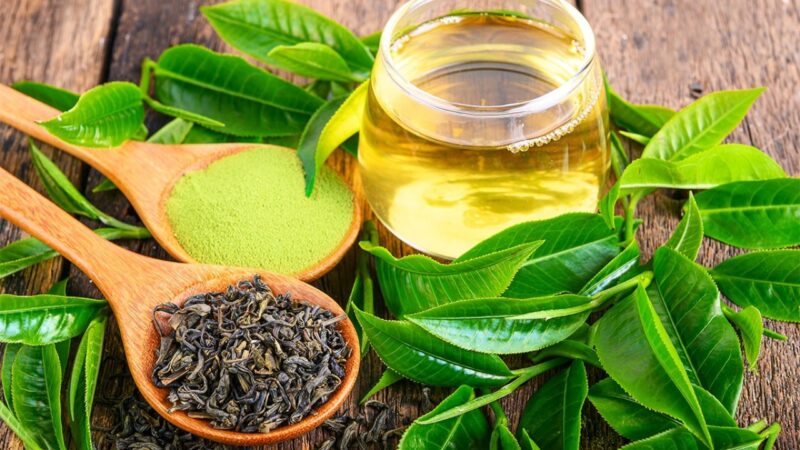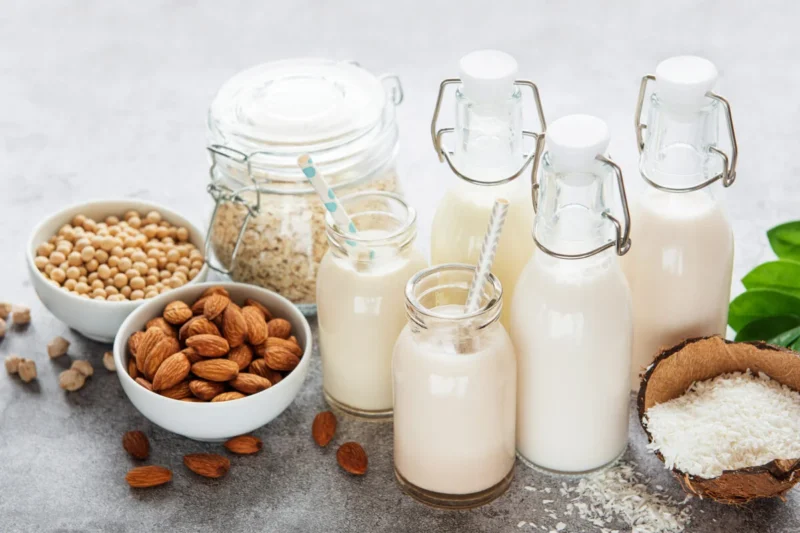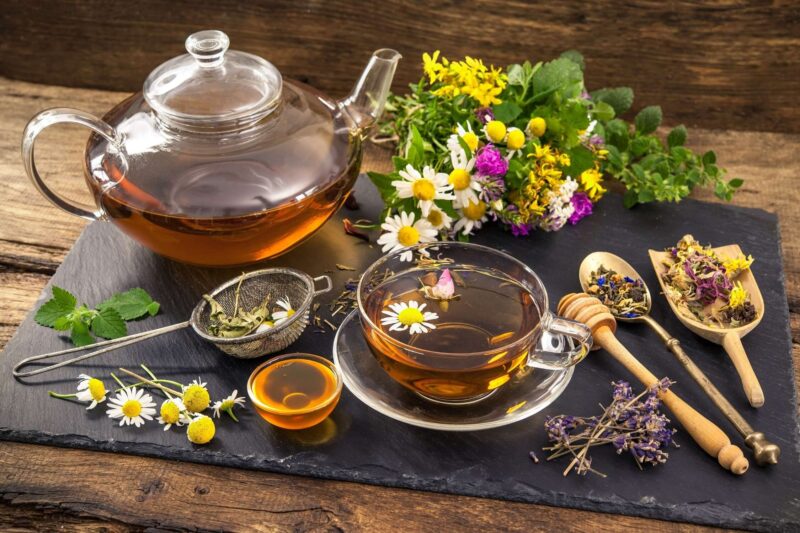
Are you tired of being told what not to drink for the sake of your health? It can feel like there are endless lists of drinks to avoid, with little guidance on what you should be drinking instead. That’s where we come in. We’ve compiled a list of seven essential beverages that you should be drinking to help support your overall health and well-being.
From wine to water, green tea to herbal tea, to healthy drinks like life aid recovery drinks – these drinks offer a range of potential health benefits, from improved cognitive function to lower risk of chronic disease.
So, grab a glass and explore the essential beverages you should be drinking to help you feel your best.
1. Wine ─ Not Just for Special Occasions

If you enjoy a glass of wine with dinner or on special occasions, you might be pleased to know that moderate wine consumption can have some significant health benefits. Studies have shown that moderate wine consumption can lower the risk of heart disease and some cancers, improve brain function, and offer some protection against age-related cognitive decline.
When it comes to wine, moderation is key. The recommended serving size is 5 ounces for women and 10 ounces for men. Drinking more than this can increase the risk of negative health consequences and negate any potential health benefits.
To incorporate wine into a healthy diet, try pairing it with antioxidant-rich foods like berries, dark chocolate, and leafy greens. Red wine, particularly, is high in antioxidants and is a good choice for its potential health benefits.
2. Water ─ The Foundation of Good Health
Water is essential for life and is critical for maintaining good health. The human body comprises about 60% water, and staying hydrated can help keep your body functioning properly. Some of the real benefits of drinking water include improved digestion, clearer skin, increased energy, and better overall health.
Experts recommend drinking at least eight 8-ounce glasses of water per day, although individual needs may vary based on factors like age, sex, and activity level. To increase your daily water intake, carry a nice reusable water bottle with you throughout the day and sip on water regularly. You can also flavor water with fresh fruit, herbs, or citrus to make it more interesting and flavorful.
In addition to drinking plain water, you can also get hydration from other sources like fruits, vegetables, and broths. Aim to make water the foundation of your daily fluid intake to help support your overall health and well-being.
3. Green Tea ─ A Superfood in a Cup

Green tea is a popular beverage that has been enjoyed for centuries for its taste and potential health benefits. It is rich in antioxidants and other plant compounds that can help protect against various health conditions, including cardiovascular disease, cancer, and age-related cognitive decline.
To get the most benefits from green tea, opt for high-quality loose-leaf tea and brew it at the correct temperature for the recommended amount of time. You can enjoy it hot or iced and sweetened with a natural sweetener like honey or stevia.
4. Coffee ─ More Than Just a Morning Pick-Me-Up
Coffee is a really popular beverage that has been enjoyed for centuries for its rich flavor and energy-boosting properties. In recent years, research has revealed that coffee may offer a huge range of potential health benefits as well, including improved cognitive function, lower risk of liver disease, and reduced risk of some cancers.
Like wine, moderation is key when it comes to coffee. Experts recommend no more than 400 mg of caffeine per day, which is about four cups of coffee. To get the most health benefits from your coffee, opt for high-quality beans and avoid adding sugar or unhealthy additives like flavored syrups.
5. Milk ─ A Nutrient-Packed Beverage

Milk is a nutrient-dense beverage that can help support good health in a number of ways. It is an excellent source of calcium, vitamin D, and other essential nutrients for bone health, immune function, and overall well-being.
To incorporate milk into a healthy diet, choose low-fat or non-fat options and aim for moderate consumption. Too much milk can lead to excess calorie and fat intake, harming your health. For a dairy-free alternative, you can also choose plant-based milk options like soy, almond, or oat milk.
6. Kombucha ─ The Fermented Tea with a Cult Following
Kombucha is a fermented tea that has gained popularity recently for its potential health benefits. It is rich in probiotics, which can help support good gut health, digestion, and immune function. It may also have some antioxidant and anti-inflammatory properties that can help protect against chronic disease.
To get the most benefits from kombucha, choose high-quality brands with minimal added sugar and opt for flavors that are low in calories and sugar. You can also try making your own kombucha at home using a kombucha starter kit.
7. Recovery Drinks ─ Replenishing Your Body After Physical Activity

After a workout or physical activity, it is important to replenish the fluids and nutrients that your body has lost. Recovery drinks can help support this process by providing essential electrolytes, carbohydrates, and protein.
Some healthy recovery drink options include water with electrolyte tablets, chocolate milk, or a smoothie with protein powder and fruit. Avoid sugary sports drinks and other unhealthy recovery options that can do more harm than good.
8. Herbal Tea ─ A Natural Way to Support Health
Herbal teas are popular for their soothing taste and potential health benefits. They are made by steeping the leaves, flowers, or roots of various herbs in hot water, creating a fragrant and flavorful beverage that can be enjoyed hot or iced.
Some common herbal teas and their potential health benefits include:
- Chamomile tea: Known for its calming properties and ability to support sleep and relaxation.
- Peppermint tea: May help relieve digestive issues like bloating, gas, and nausea.
- Ginger tea: May help reduce inflammation, soothe digestive issues, and support immune function.
- Hibiscus tea: Rich in antioxidants and may help lower blood pressure and reduce inflammation.
To get the most benefits from herbal tea, choose high-quality loose-leaf tea and steep it at the correct temperature for the recommended amount of time. You can enjoy it with a natural sweetener like honey or stevia.
Incorporating herbal tea into your diet can be a natural way to support your overall health and well-being. However, it is important to note that some herbs can interact with medications or cause allergic reactions, so it is best to consult with a healthcare provider before adding herbal tea to your routine.

Conclusion
Incorporating these seven essential beverages into your diet can help support your overall health and well-being. However, consuming them in moderation and in consultation with a healthcare provider if necessary is important. With these tips and suggestions, you can make the most of the potential health benefits of these essential beverages and start feeling your best.



















